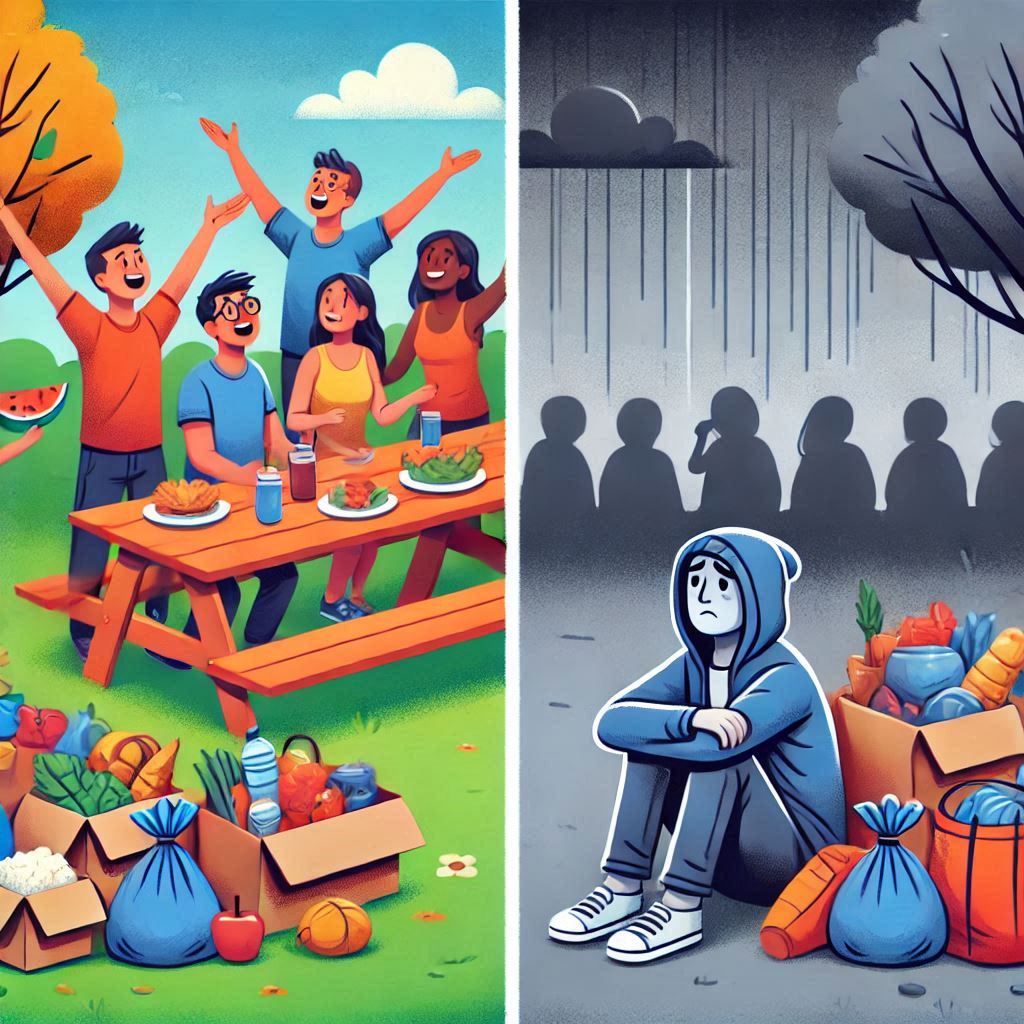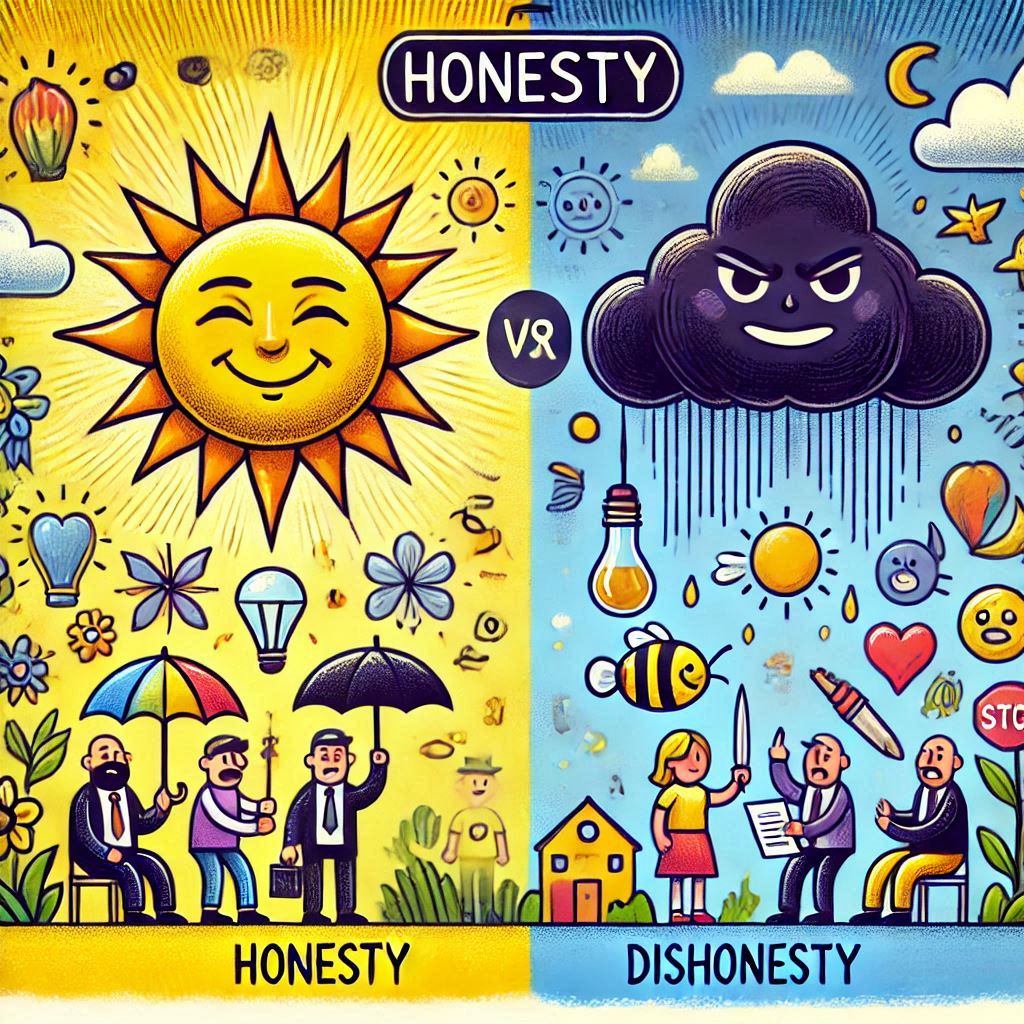An Encounter in the Sky
On a recent flight from Pune to Bangalore, I met an interesting passenger—a vibrant interior designer. She quickly interacted with everyone around her, bringing a lively energy to the cabin. However, just 10–15 minutes after takeoff, she began watching a Hindu comedy serial on her phone with the speaker on, without using headphones.
On another flight from Mumbai to Bangalore, I encountered a gentleman who did the same—watching videos on loudspeaker. I was baffled at how common this behavior has become, undermining the privacy of fellow passengers.
This growing disregard for public etiquette points to a broader trend. Should airlines implement strict announcements banning speaker usage, or should Indian law step in to regulate such behavior in shared spaces?
Digital Disconnect: A Modern Epidemic
Technology has undoubtedly improved our lives, but at what cost? Instagram reels, YouTube shorts, and WhatsApp messages have left many of us isolated. It’s ironic to see families in the same house communicating through WhatsApp, even when separated by just a room.
We seem to have retreated into imaginary worlds, where real human connection is fading. Imagine if even divine connections were reduced to WhatsApp messages! Thankfully, temples and other places of worship still emphasize personal engagement with practices like Charya, Kriya, Yoga, and Jnana—paths that foster deeper connections.
A Call for Mindful Living
What can we do to address this growing isolation and self-centered behavior? A CMO of a reputed company once told me that every family is grappling with this issue but feels powerless to change it.
It’s time to ask ourselves some serious questions:
- When did we start moving so fast that we lost sight of others?
- What drives us to this chaotic “dance” of life?
- How can we slow down and regain balance?
The Answer Lies in Slowing Down
We need to consciously slow down—not in the forced manner of a pandemic but by intentionally being more mindful of our actions. Every action, whether intentional or not, has a ripple effect on those around us. The universal law of cause and effect ensures that we eventually face the consequences of our choices.
Being mindful also means respecting the resources we consume. The extra idli, chapati, or pizza slice we waste could have fed someone in need. Small steps—starting from our homes—can create meaningful change.
Takeaways
- Respect Shared Spaces: Public spaces require mindfulness. Avoid using phones on loudspeaker or exhibiting behavior that disturbs others.
- Reconnect in Real Life: Prioritize personal interactions over digital distractions to foster meaningful relationships.
- Start Small: Begin with simple, mindful actions in your home, like reducing waste or being considerate of others’ needs.
Let us be mindful of our actions—one step at a time. Together, we can create a more considerate and connected world.







